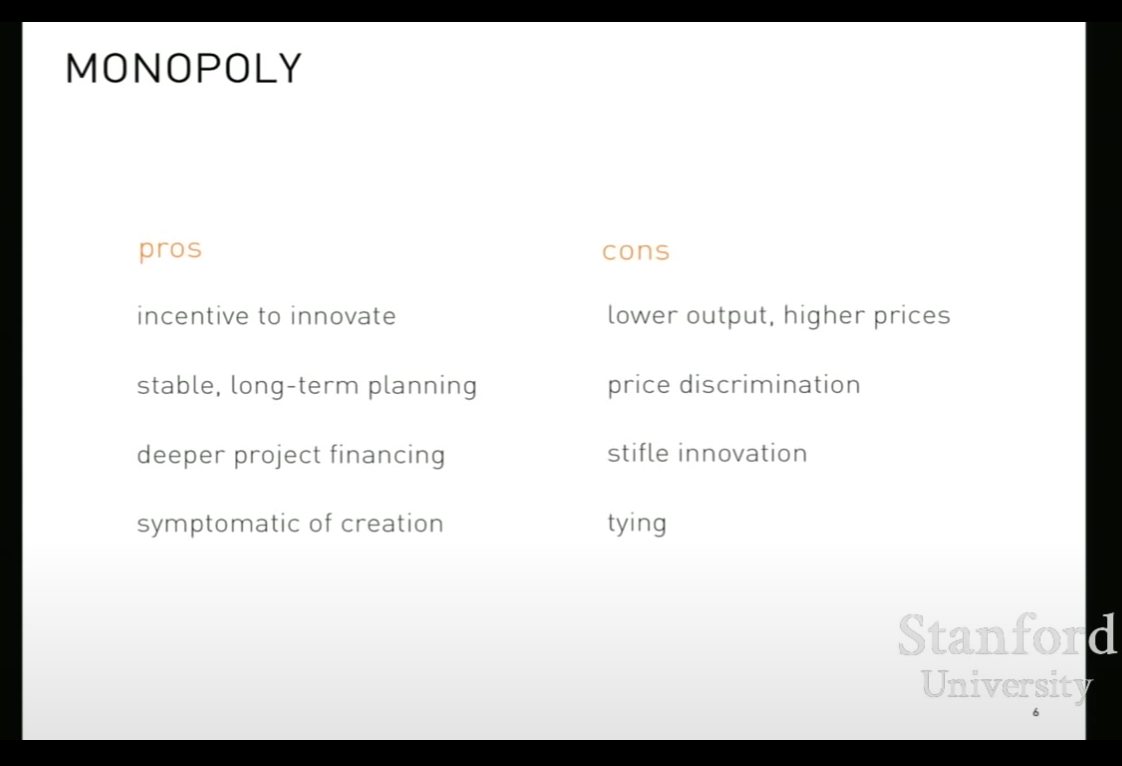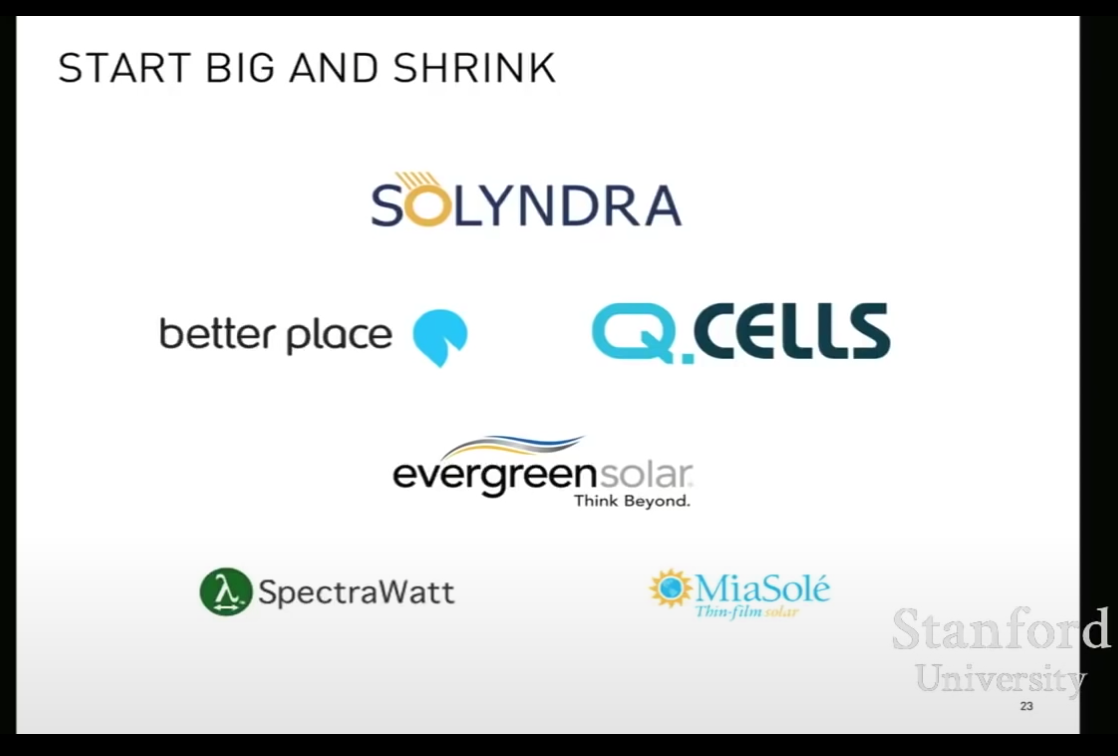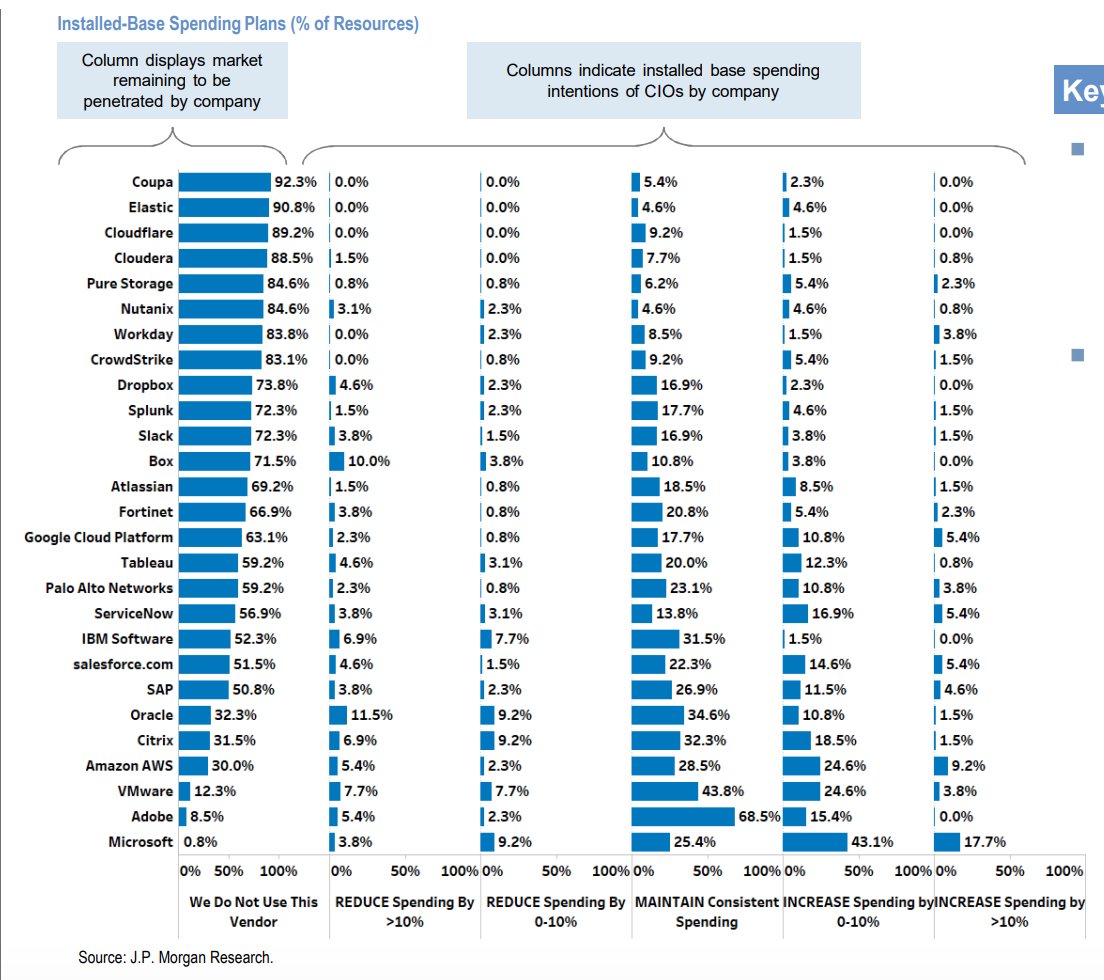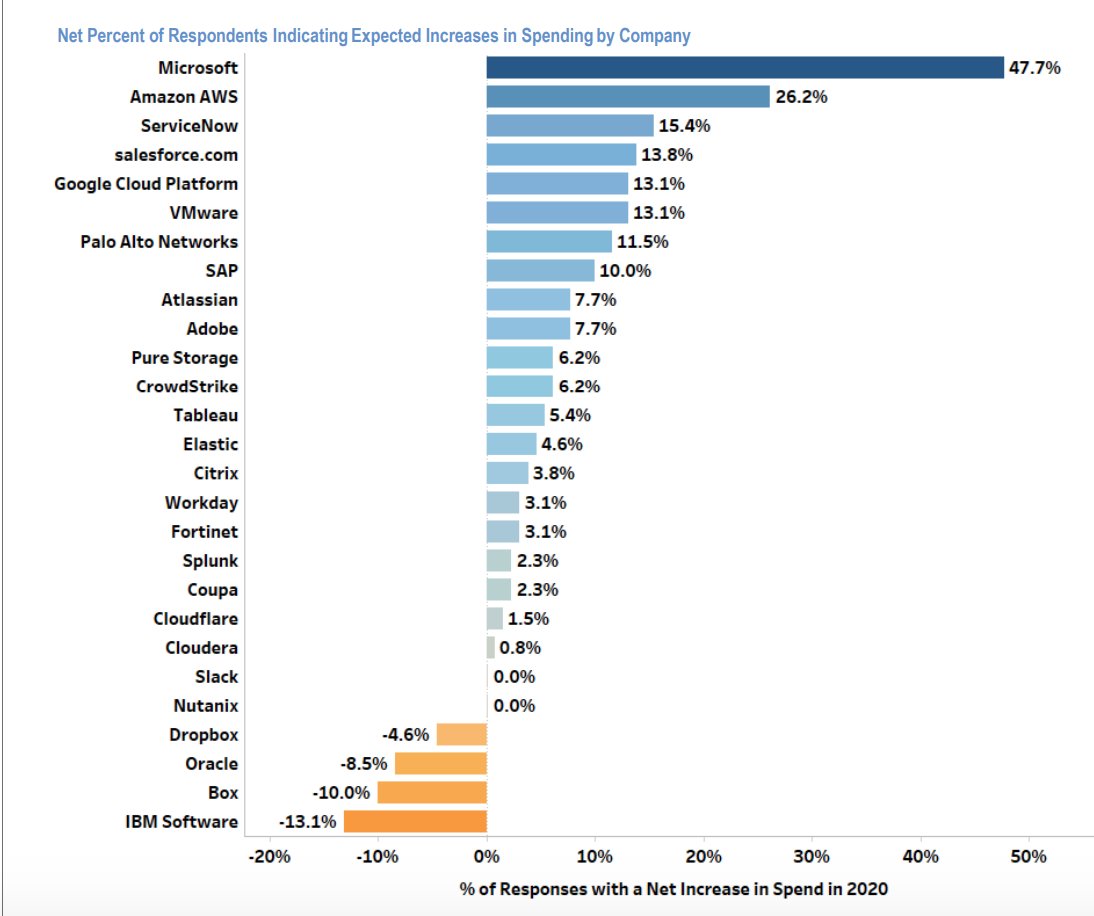Competition is for Losers by @peterthiel
Thiel discusses five important ideas:
1. Capturing Value
2. Lies People Tell
3. How To Build a Monopoly
4. Last Mover Advantage
5. History of Innovation
6. Psychology of Competition
Let's dig in!
bit.ly/32nKk1q
a) Take a bunch of buzzwords
b) Jam them together in a cool looking UI
c) Say you do all of these things
These things *generally* don't work.
Examples include:
- "The Stanford of North Dakota"
Many of today's tech giants have gobs of cash and high margins.
- : 40% GM
- : 65% GM
- : 78% GM
Here's why: They've ALL done an excellent job at creating MONOPOLIES within their smaller markets.
So how do we build one? Onward!
Love this part from Thiel ...
"One of the things we always overvalue is growth rates, and we always undervalue durability."
Lessons:
- High growth w/ no durability = 😢
- Low growth w/ durability = 🙂
- High growth w/ durability = 🥳
Innovative success doesn't equal financial success.
A few examples:
- Einstein's general relativity: No millions $
- Railroads: Bankrupt due to competition
- Wright Brothers: Fly first plane, don't make money
- 1800's Textile factories
It's a hard game.
Science: "Scientists aren't motivated by money"
- Skews the fact that scientists live in a world where Y = 0%?
Software: "People make $ in software, it MUST be the most valuable thing."
- Microeconomics of a business matters
What we normally think: Losers are the ones that CAN'T compete
But what if we don't understand the complexity of competition?
What if competition is the real loser?
Reminder: Monopolies > Fierce Competition
Thiel's story of leaving a prestigious law firm is perfect example of the competition vacuum.
"I didn't know it was possible to leave Alcatraz [law firm]"
"In reality, all you had to do was walk out the front door"
People CRAVE competition.
Thiel leaves us with two powerful thoughts:
a) Competition makes you better, but it comes at a tremendous price of not asking bigger questions
b) Don't go through the tiny door everyone else is trying to get in. Go around the corner and take the vast gate.
Please send me feedback on this thread. If you liked it and want me to make more threads off my favorite YT videos, let me know!
We're all trying to get a little smarter each day.





















